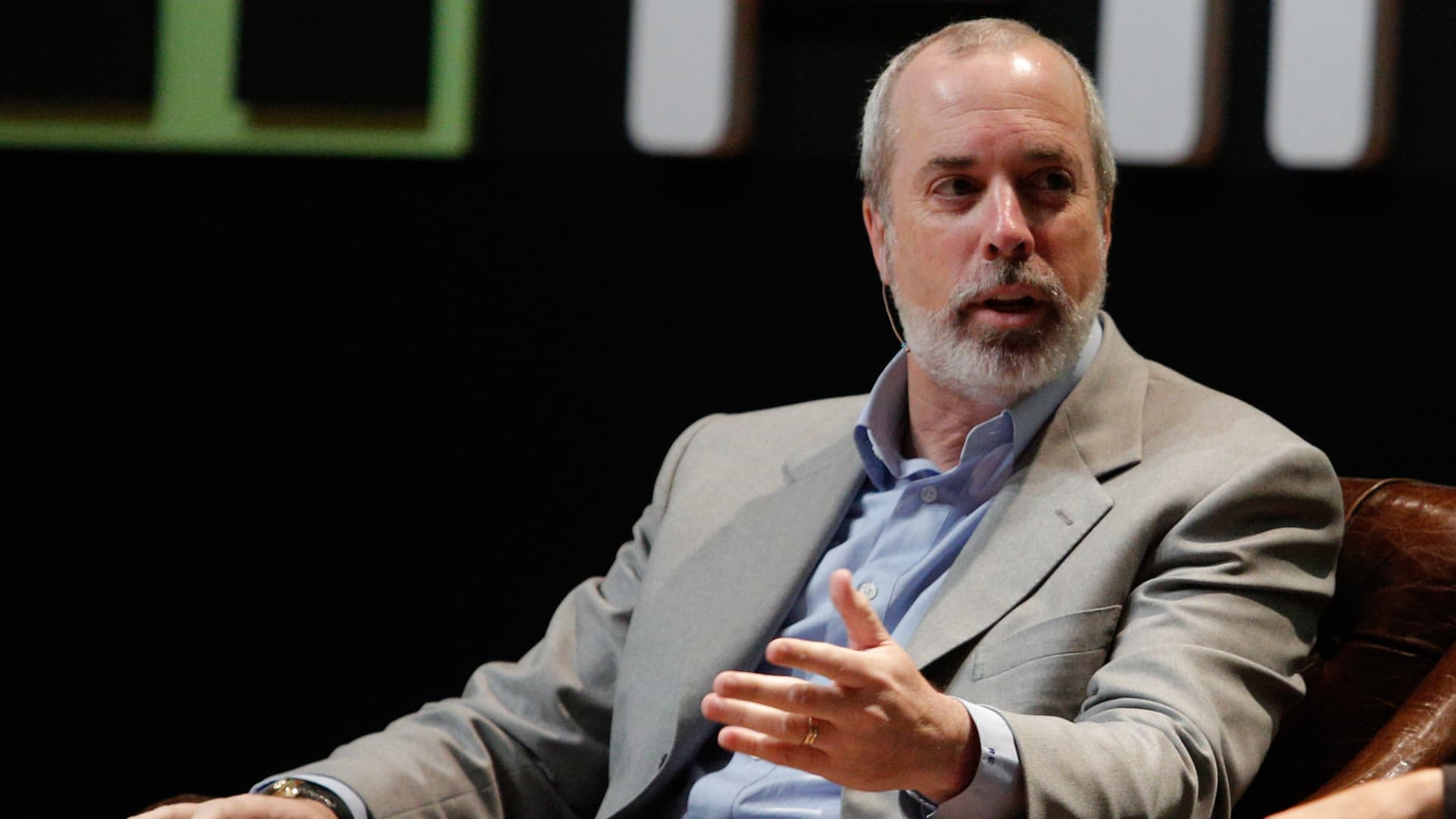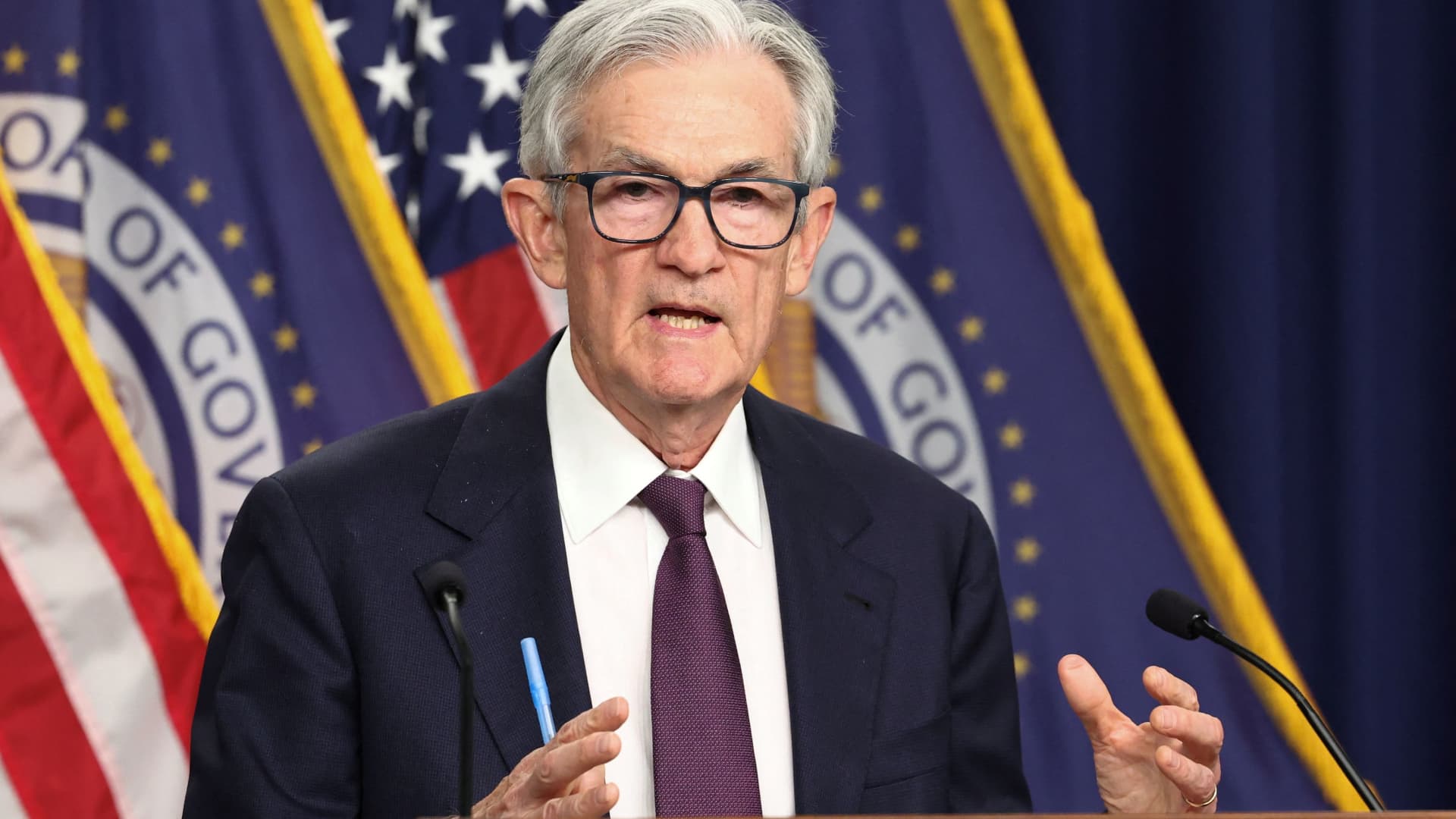FOX Business’ Ashley Webster talks to diners at The Villages in Florida about retirement after a Northwestern Mutual survey claims it will take $1.46M to retire comfortably.
American investors in committed relationships overwhelmingly say they trust their partners and share the same retirement goals, but most have not put an estate plan in place, new data suggests.
Ameriprise Financial’s “Couples, Money & Retirement” report released Wednesday found 95% of couples agree they are honest and transparent with one another when it comes to their finances, and 91% said they share the same financial values.
A new survey by Ameriprise found most American investors in committed relationships have some significant details to work out with their partners when it comes to retirement. (Annette Riedl/picture alliance via Getty Images / Getty Images)
But many have not reached a consensus on a number of emotionally-charged decisions about money.
The survey, which polled more than 1,500 American couples with $100,000 or more in investable assets, focused primarily on those between the ages of 45-70 who have retired within the last decade or plan to do so in the next 10 years.
TAX REFUNDS ARE NOT FREE MONEY: RACHEL CRUZE
While it found that 93% of couples share similar goals for retirement and agree on when to retire, 24% of respondents said they have not come to an agreement on how much money they will need to save or how much they should spend on children and grandchildren, both today and as part of their estates.
Most couples do not have an estate plan in place, according to a new study by Ameriprise. (iStock / iStock)
In fact, more than half (52%) of couples surveyed said they have not yet set up an estate plan.
Marcy Keckler, senior vice president of financial advice strategy at Ameriprise Financial and a certified financial planner, offers the following advice for couples who still need to set up an estate plan:
1. Don’t be intimidated by the concept of estate planning
“Estate planning is for everyone, no matter their wealth or complexity of their financial situation,” Keckler told FOX Business. “At some point, all of us will need an estate plan.”
She explained that, at its core, estate planning is about making decisions about what you want to happen after you die or in the event you’re incapacitated and can’t make health-related or financial decisions on your own, even temporarily.
SHOULD YOU TELL YOUR KIDS ABOUT THEIR INHERITANCE?
2. Engage professionals
“A qualified financial adviser and estate planning attorney can help you initiate important, yet often emotional conversations and ensure you have decisions documented to cover a variety of potential scenarios that may arise,’ Keckler said.
“Guidance from professionals can ensure your wishes for the legacy you want to leave your heirs and other loved ones are carried out.”
Financial advisers can provide expert-led guidance for individuals or couples who have complex finances. (iStock / iStock)
Keckler recommends selecting professionals willing to collaborate, noting that one of the biggest mistakes couples can make is creating a will that specifies beneficiaries and then forgetting to update their accounts to actually identify the correct beneficiary.
She added that financial advisers and attorneys can work together to help ensure you’ve taken all the steps necessary to have your plan executed according to your wishes.
3. Once you complete your estate plan, be proud of yourself
“Estate planning is an important part of protecting your family and financial legacy,” Keckler said. “It’s a big accomplishment that should be celebrated once it’s completed.”
She recommends ensuring you know where the original documents and any physical or digital copies are, so you can refer to them in the event they become needed.
“If you have a doctor or hospital of choice, send them a copy, so they can keep it on file,” Keckler suggested. “This can save valuable time and stress you or a loved one would otherwise spend trying to find them in an emergency.
GET FOX BUSINESS ON THE GO BY CLICKING HERE
4. Revisit your estate plan at least every five years, and more frequently if a big life event happens
“Estate plans need to be updated as your life evolves to ensure they reflect your wishes,” Keckler added. “Moments in life such as the birth of a child or grandchild, major shifts in income, a divorce, acquisition of new property and a child reaching the age of 18 are a few examples of when your estate plan may need to be revisited.”
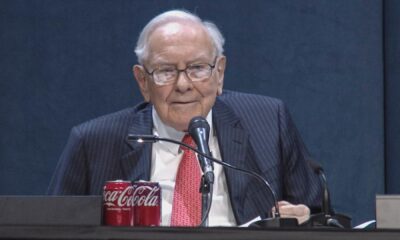
 Finance1 week ago
Finance1 week ago
 Personal Finance1 week ago
Personal Finance1 week ago
 Finance1 week ago
Finance1 week ago
 Economics1 week ago
Economics1 week ago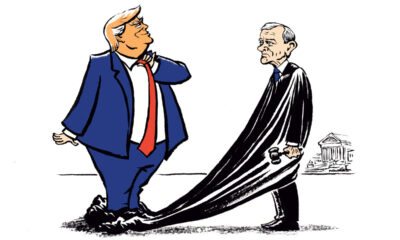
 Economics1 week ago
Economics1 week ago
 Economics1 week ago
Economics1 week ago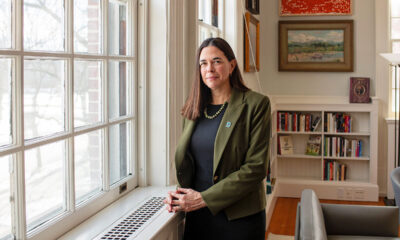
 Economics1 week ago
Economics1 week ago
 Accounting7 days ago
Accounting7 days ago






